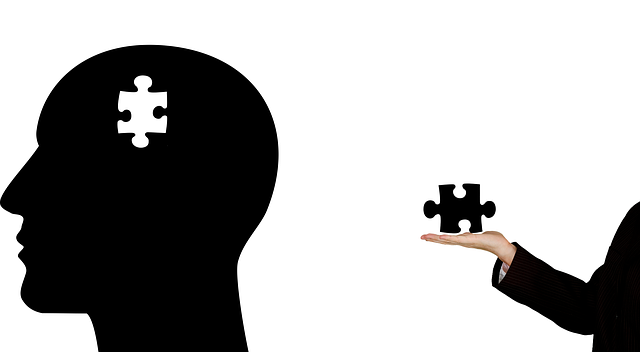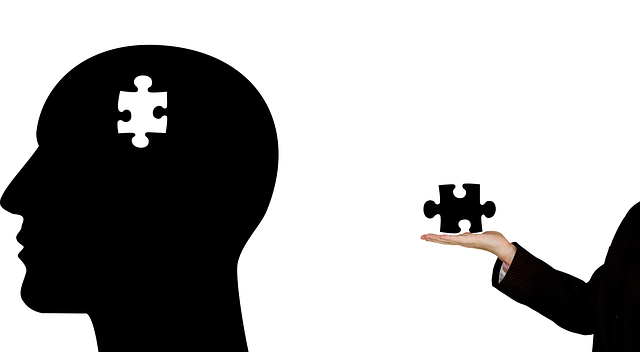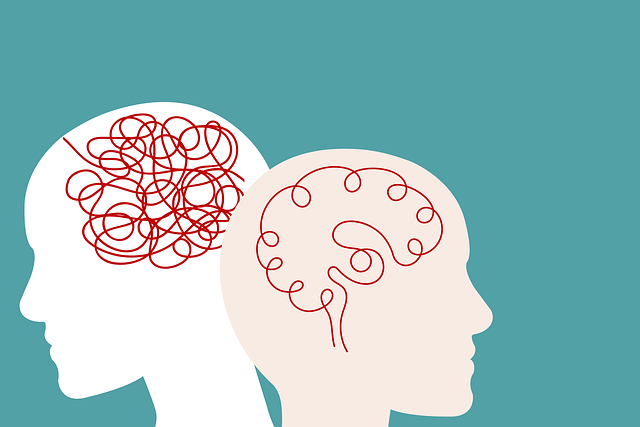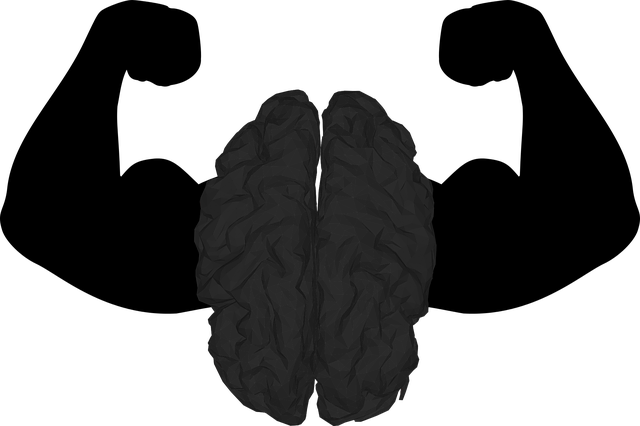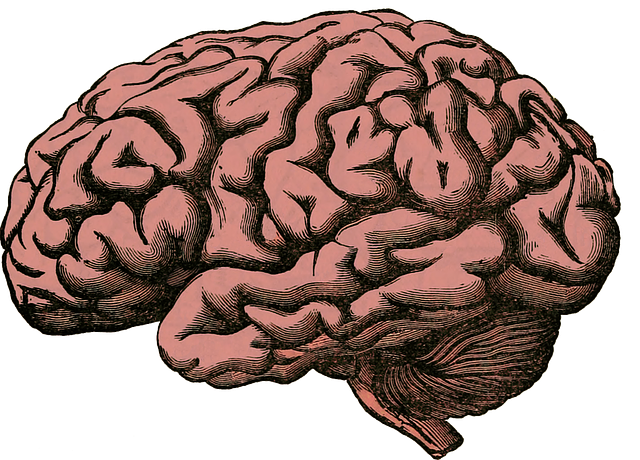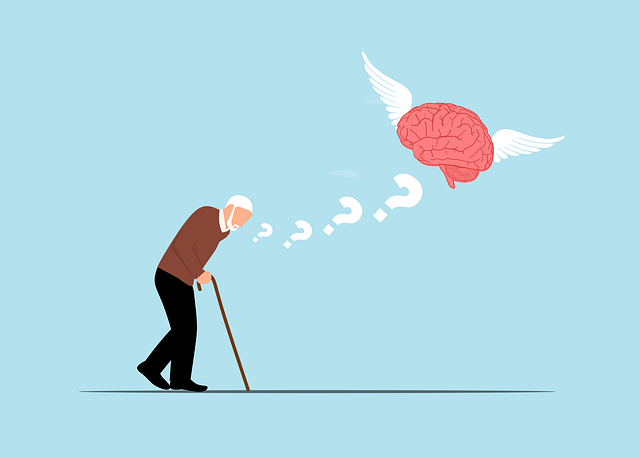In today's diverse healthcare landscape, cultural competency is crucial for delivering quality patient care. A study by Lone Tree Crisis Counseling Therapy highlights how cultural factors impact therapy and treatment adherence, emphasizing the need for culturally sensitive providers. The therapy provides tailored programs focusing on Inner Strength Development, Self-Esteem Improvement, and Burnout Prevention to enhance cultural sensitivity among healthcare professionals. Through regular workshops and education sessions, these practices enable providers to adapt communication and therapeutic approaches, ensuring inclusive care for diverse patient populations.
In today’s diverse healthcare landscape, cultural competency is no longer an option but a necessity. As populations become increasingly varied, understanding and respecting different cultures, beliefs, and backgrounds is crucial for effective patient care. This article explores this growing need, highlighting the significant role of organizations like Lone Tree Crisis Counseling Therapy in enhancing cultural competency training. We delve into effective strategies to foster an inclusive healthcare environment, ensuring quality care for all.
- Understanding Cultural Competency in Healthcare: A Need Arising from Diverse Populations
- The Role of Lone Tree Crisis Counseling Therapy in Enhancing Cultural Competency Training
- Implementing Effective Strategies: Creating a More Inclusive Healthcare Environment Through Training
Understanding Cultural Competency in Healthcare: A Need Arising from Diverse Populations

In today’s diverse healthcare landscape, cultural competency has emerged as a crucial aspect of delivering quality patient care. With populations becoming increasingly heterogeneous, understanding and appreciating cultural differences is no longer an option but a necessity. This concept involves recognizing and respecting the ways in which individuals’ backgrounds, beliefs, and values influence their health experiences and behaviors. For instance, a study by Lone Tree Crisis Counseling Therapy highlights how cultural factors can significantly impact a patient’s willingness to seek therapy or adhere to treatment plans, emphasizing the need for healthcare providers to be culturally sensitive and competent.
When healthcare professionals are trained in cultural competency, they become better equipped to address the unique needs of diverse patients. This includes recognizing barriers to care, such as language differences, cultural taboos surrounding health issues, and varied perceptions of illness and healing. Moreover, it involves integrating practices like Mindfulness Meditation and Emotional Healing Processes that resonate with different cultures. By fostering a culturally competent environment, healthcare providers can reduce anxiety (as indicated by research on Anxiety Relief) and improve patient satisfaction, ultimately leading to better health outcomes for all individuals served.
The Role of Lone Tree Crisis Counseling Therapy in Enhancing Cultural Competency Training

Lone Tree Crisis Counseling Therapy plays a pivotal role in enhancing cultural competency training for healthcare providers. By offering specialized programs focused on Inner Strength Development, this therapy equips professionals with the tools to navigate diverse patient backgrounds and cultural contexts effectively. Through counseling sessions that promote Self-Esteem Improvement, healthcare workers learn to overcome personal biases and develop a deeper understanding of different cultural perspectives, fostering more empathetic and culturally sensitive care.
Moreover, Lone Tree Crisis Counseling Therapy incorporates Burnout Prevention Strategies for Healthcare Providers into its curriculum, recognizing the significant challenges faced by those in the industry. These strategies help professionals manage stress, maintain work-life balance, and preserve their passion for patient care. Ultimately, the comprehensive approach of Lone Tree Crisis Counseling Therapy contributes to a more robust cultural competency training experience, preparing healthcare providers to deliver exceptional, culturally responsive care in today’s diverse healthcare landscape.
Implementing Effective Strategies: Creating a More Inclusive Healthcare Environment Through Training

Implementing effective strategies for cultural competency training is a vital step towards creating an inclusive healthcare environment. At Lone Tree Crisis Counseling Therapy, we recognize that diverse patient populations bring unique perspectives and experiences to the treatment table. Training programs should focus on fostering empathy and understanding by equipping healthcare providers with tools to navigate cultural nuances. Through regular workshops and educational sessions, professionals learn to adapt their communication and therapeutic approaches, ensuring every patient receives care tailored to their specific needs.
By integrating Compassion Cultivation Practices into training curricula, healthcare providers can enhance their ability to connect with patients from different backgrounds. Additionally, addressing Burnout Prevention strategies is essential, as it enables caregivers to maintain resilience and passion in the face of challenging situations. These holistic approaches not only benefit the well-being of healthcare workers but also contribute to effective Emotional Healing Processes for the diverse range of clients they serve.
Cultural competency training is no longer an option but an essential tool for healthcare providers. As populations become increasingly diverse, it’s crucial to address the gap in cultural understanding within healthcare settings. Lone Tree Crisis Counseling Therapy plays a vital role in this process by offering specialized training that equips professionals with the skills to navigate complex cultural landscapes. By implementing effective strategies learned from such programs, we can foster more inclusive environments, ensuring equitable access to quality care for all.


